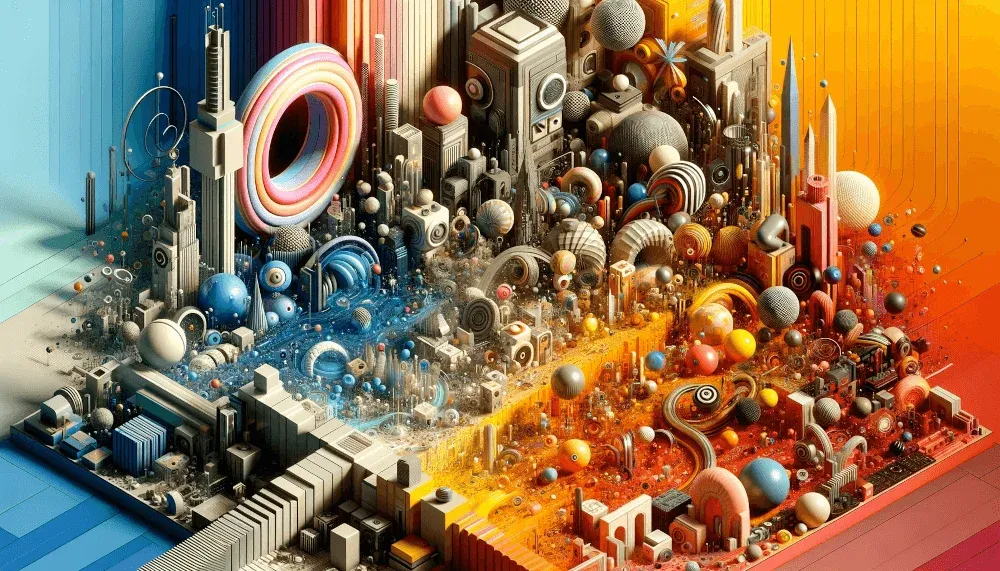Unity 6 vs Unreal Engine 5: A Game Engine Showdown

In the rapidly evolving world of game development, choosing the right game engine is crucial for success. Unity 6 and Unreal Engine 5 are two of the most prominent players in this field. This article delves into a comprehensive comparison of these engines, offering insights to help developers make an informed choice.
Programming Language and Ease of Use
Unity 6 continues to use C# for both its editor and plugins, making it a familiar environment for many developers. Its user-friendly interface and straightforward approach make it especially appealing to indie developers and beginners. In contrast, Unreal Engine 5 employs C++ and Blueprint, a proprietary language. While offering robust capabilities, it presents a steeper learning curve.
Visual Effects and Rendering
Unreal Engine 5 is renowned for its high-fidelity graphics and industry-leading rendering speeds, making it a preferred choice for AAA games and developers aiming for photorealistic visualizations. Unity, while capable of high-quality visuals, requires more effort to achieve a similar level of fidelity.
Animation Quality
In terms of animation, Unreal Engine 5 stands out with its powerful rendering capabilities and top-notch visual effects, earning the favor of users for its animation tools and renderings.
Real-Time Rendering Capabilities
Unity offers efficient real-time rendering suitable for mobile and indie games. Unreal Engine, however, excels in this area with its Nanite technology, which ensures smooth on-screen rendering of assets, giving it an edge in high-end game development.
Team Collaboration and Market Share
Unity holds a larger market share (63%) compared to Unreal Engine (13%), indicating a broader community of developers and collaborators for Unity. This aspect is particularly beneficial for indie game designers seeking a supportive community.
Scripting and Support Quality
Both platforms offer robust scripting tools and are backed by strong support services, making them equally competent in these areas.
Ratings and Community Feedback
According to G2 ratings, both engines have received a solid 4.5/5 stars, indicating their close competition in user popularity and quality. Capterra gives Unreal Engine a slight edge with 5/5 stars compared to Unity's 4.5/5 stars.
Pricing Models
Unity has a free version, but its full functionality requires a $75 per month subscription for the Pro version. Unreal Engine, while free, charges a 5% royalty fee on game sales. This difference in pricing models is a critical consideration for developers, especially indie game designers.
Target Audience
Unity is ideal for indie game designers starting out, offering a familiar language and a large community. Unreal Engine is more suited for high-end game development, appealing to those seeking advanced graphics capabilities and faster rendering speeds, despite the royalty fee and steeper learning curve.
Both Unity 6 and Unreal Engine 5 offer unique strengths and cater to different developer needs. Unity's ease of use and supportive community make it ideal for indie developers and beginners, while Unreal Engine's advanced graphics and rendering capabilities appeal to high-end game development. Ultimately, the choice depends on the developer's specific requirements, including familiarity with programming languages, budget constraints, and desired game quality.
